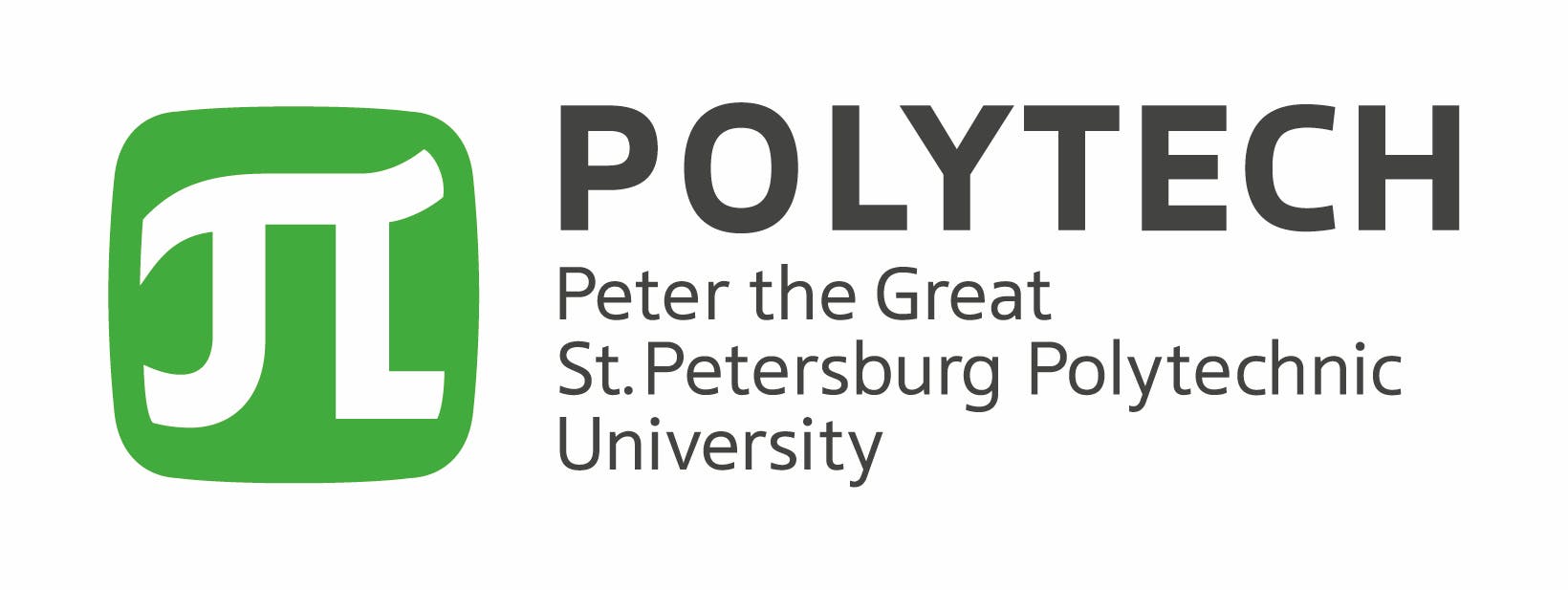SPbPU: International Polytechnic Summer School 2021 prepares to launch
The International Polytechnic Summer School is getting ready to launch. This year one of the largest international projects of Polytechnic University will be held from June 21 to September 23 in a mixed format: students who cannot come to Russia because of closed borders will study online. Citizens and residents of countries with which Russia has resumed air and rail traffic will be able to take an online course and also come to St. Petersburg and get acquainted with the city. To date, more than 300 people from 30 countries have signed up for the educational modules of the summer school. The application procedure is carried out on official website of the International Polytechnic Summer and Winter Schools through the integrated system of the student’s personal account.
In 2021, the International Polytechnic Summer School includes 45 programs in nine areas: Summer Graduate Schools (SGS), Engineering and Natural Sciences, Information and Digital Technologies, Civil Engineering, Energy Technology, Life Science, Linguistics; Economics, Business, and Management; Russian Studies. For the first time since the pandemic, customized programs are available for participants: groups of students with citizenship from countries whose borders are officially open will be able to study in a full-time format.
The 2020 International Polytechnic Summer School online was kind of an experiment. We did not know exactly whether there would be interest from international students in such a format, how productively we would be able to organize the project activities online, how the participants would finally react to the interactive cultural program. We have successfully worked on these and other aspects and we enter the new season with twice as many programs as last year, a whole range of new directions, and constant interest from the foreign audience, commented Olga EMELYANOVA, Head of the Department of International Educational Programs and Academic Mobility of SPbPU.
Among the new programs of the International Polytechnic Summer School are those that respond to the challenges of the “post-Covid” era. For example, participants will study the module Tourism facing Covid-19. New realities. For the first time this year, there will be programs devoted to energy technologies in the Arctic and digital engineering in micro- and nano-electronics, as well as an cross-cultural school on entrepreneurship and marketing. Several new modules have been created jointly with international partners: Advances in Nuclear Fusion Science, which SPbPU holds jointly with SOKENDAI University (Japan) and the International Atomic Energy Agency (IAEA); «Bioengineering», co-organized by Leibniz University of Hannover (LUG; Germany), and the Russian-Spanish Language School & Intercultural Communication, a joint project of SPbPU and the University of Cadiz (Spain).
A series of joint partnership programs runs from season to season. These are the joint program with the University of Lorraine (France) and the International Network of Sport and Health Science (INSHS) Sport Management and Marketing, the Quantitative Finance, program developed by Polytechnic together with City, University of London (UK), and Plasma Physics and Controlled Fusion, which is traditionally co-organized by SOKENDAI University and the IAEA. This program will include the International Student Conference SPbPU – SOKENDAI (in cooperation with the IAEA).
The unchanged part of the International Polytechnic Summer School – the cultural program – will also have a mixed format. The participants will take online tours of St. Petersburg, the Hermitage and the history museum, as well as an online quiz on Russian history and culture. Those students who are able to come to Russia will go on a walk along the rivers and canals of St. Petersburg and excursions to the Hermitage and Peterhof.
Upon successful completion of the summer school courses, students will receive international certificates with ECTS credits that can be recognized and re-credited at their home universities.

